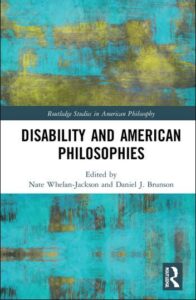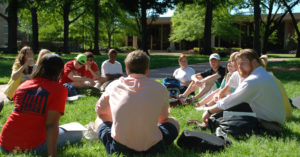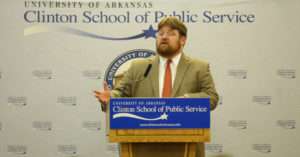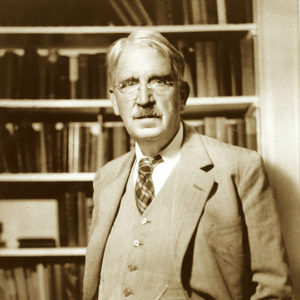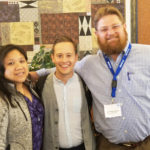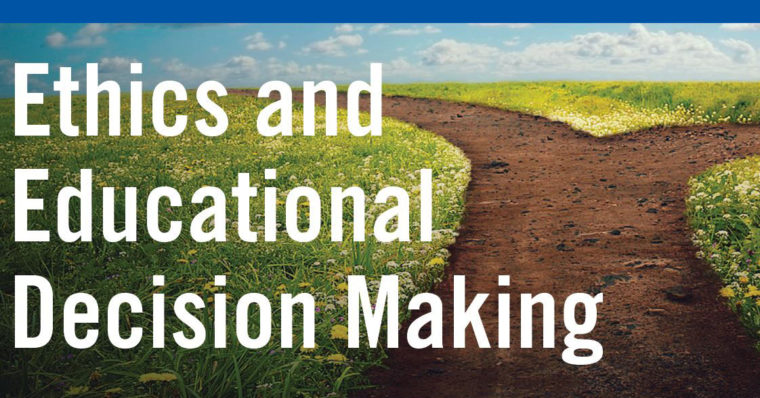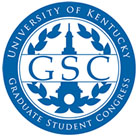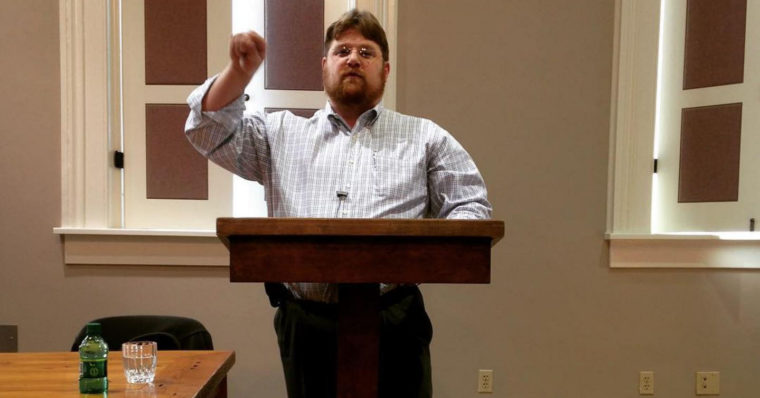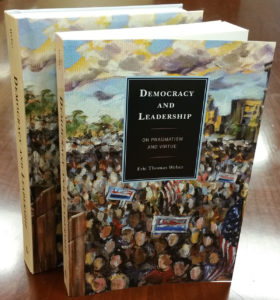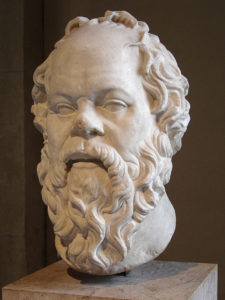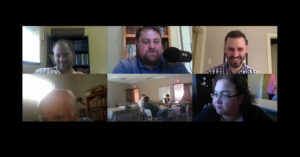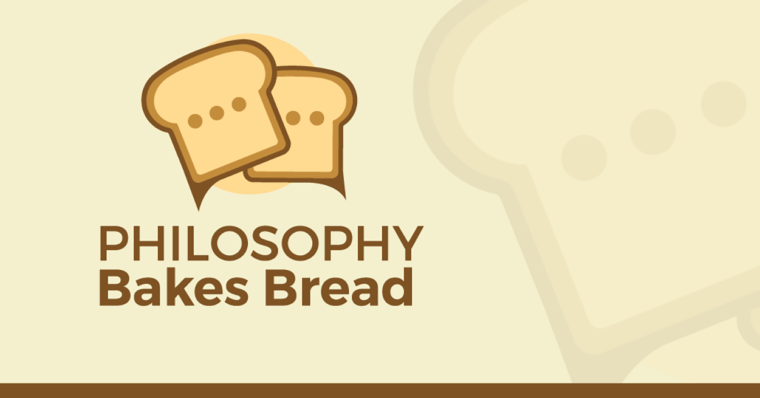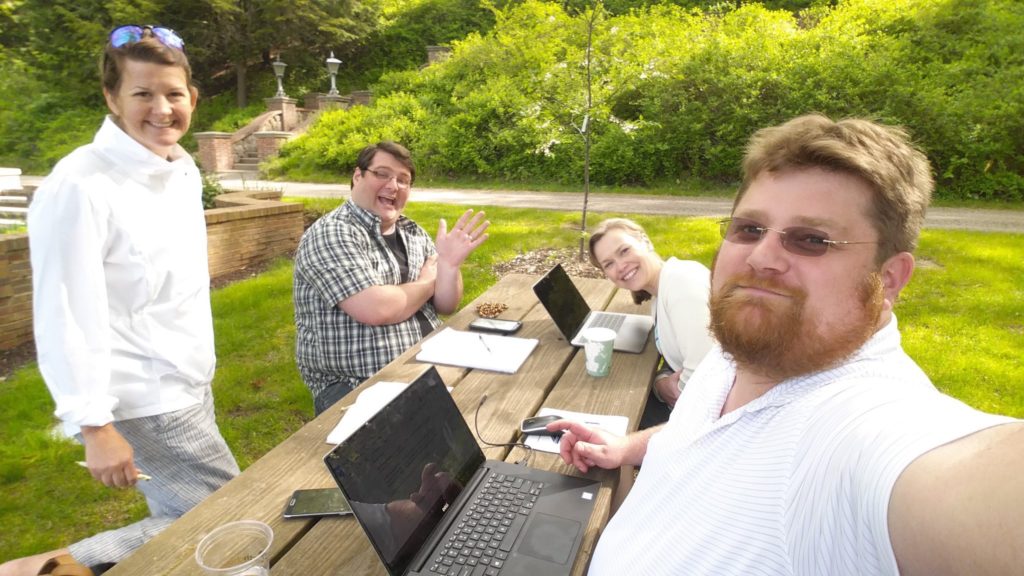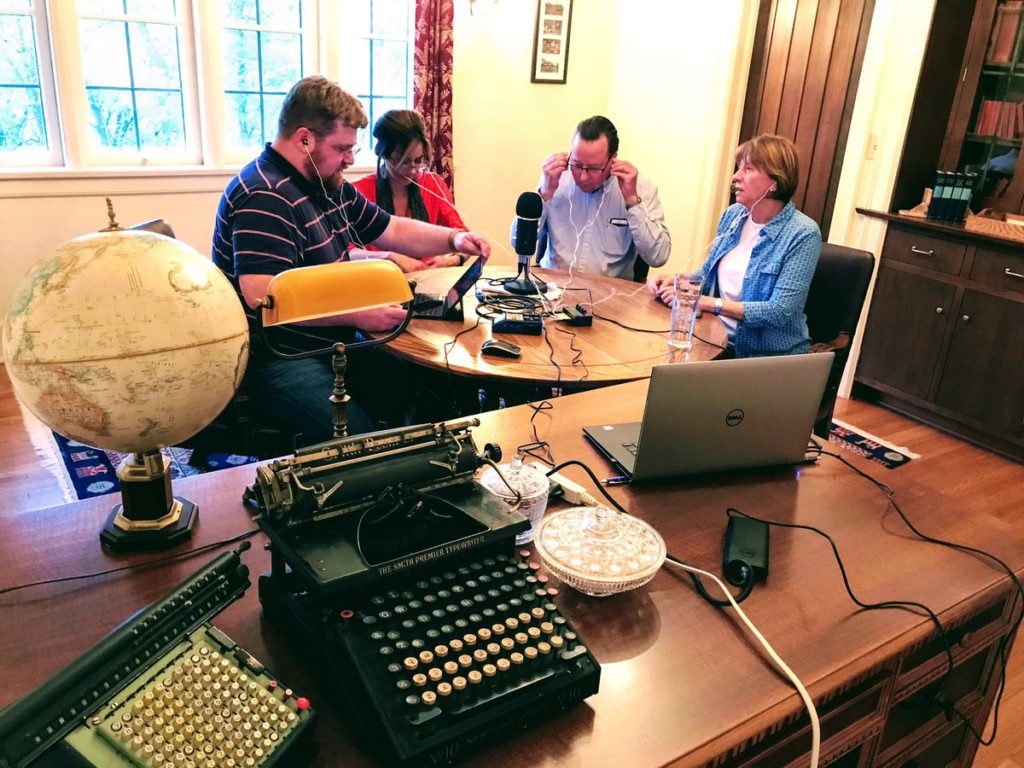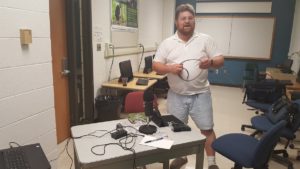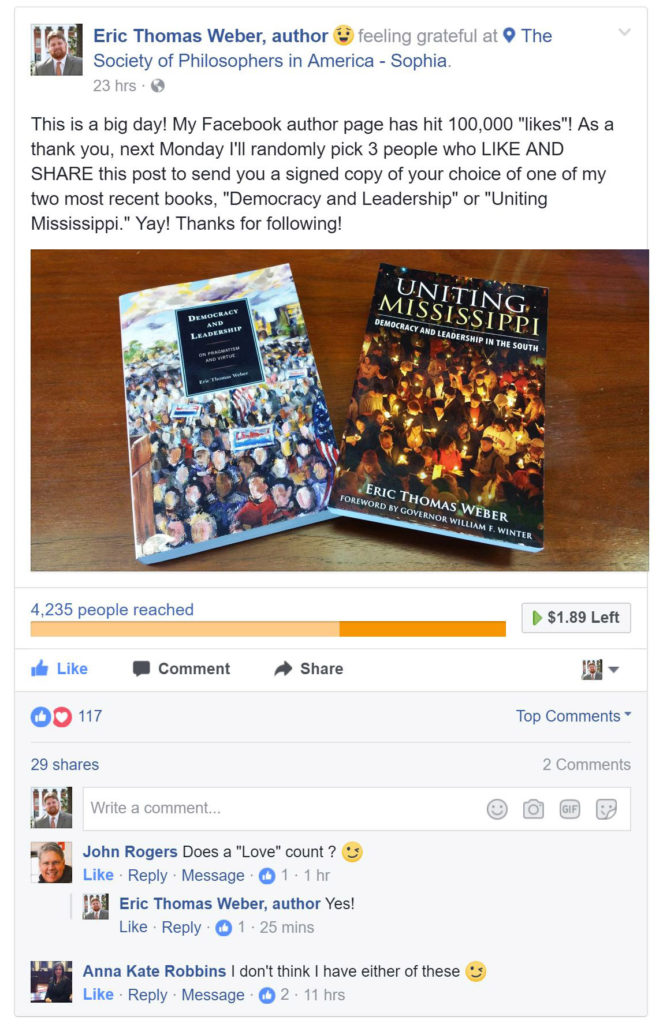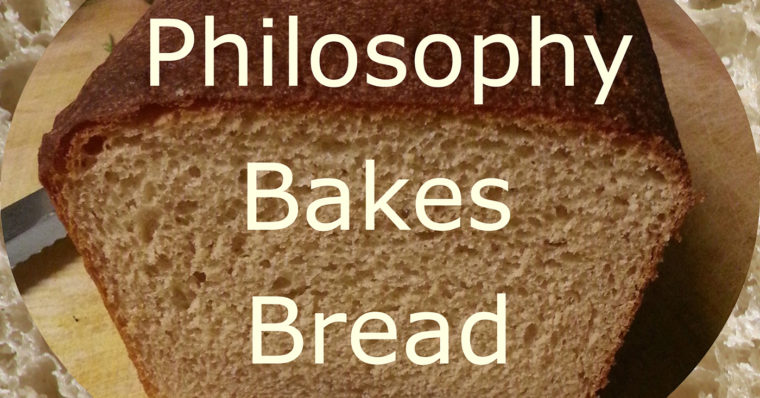This is a part of a series on terms and concepts that I find particularly resonant.
We usually say that the fundamental rule of economics is scarcity: there are never enough widgets (food, housing, gadgets) to meet all the demand And even where we seem to be endowed with wealth, we still face opportunity costs for doing one thing rather than another: we have finite time and attention, and at a fundamental level we cannot both have the cake and eat it. Economists study the allocation of that scarcity and costly selection among those opportunities. Thus (in his famous call for the reintroduction of slavery in the Carribean) Thomas Carlyle called economics a dismal science, since it forced such unhappy choices upon us. All the more reason to explore alternative framings, just as George Bataille did in his book The Accursed Share.
Imagine you and your friends are splitting a pizza, and there is an extra piece. Who gets it? And what happens next? Perhaps it becomes the prize in a game of trivia. Perhaps the winner has a little extra energy, perhaps they get fat. Perhaps it goes to one of your friends who is pregnant, because she is “eating for two.” Perhaps the most popular or amusing member of the group gets it. Perhaps you decide to throw it out. If your group always gives the extra piece to the same person, though, patterns of preference emerge.
In George Bataille’s three volume The Accursed Share, he imagines a primitive subsistence society that gathers just a little more food or other basic goods than it needs: who gets the extra share? What do we do with the remainder? Bataille uses this simple concept to construct a remarkably compelling just-so story of the political economy of both inequality and culture. Even recognizing that it is a kind of ahistoric just-so story, I continue to find the “accursed share” deeply intriguing and I return to it often.
As a framework, it strikes me as particularly important for those who work on political economy, like an artist using a camera obscura to see a scene differently for more accurate drawing or painting. The “accursed share” allows us to rethink economic problems in terms of the distribution of the excess rather than scarcity. It takes the economist’s tool of limited resources and flips it on its head. As Bataille puts it: “it is not necessity but its contrary, ‘luxury,’ that presents living matter and mankind with their fundamental problems.” (pg. 12)
As he spins out the concept to apply it to historical and traditional societies like the Aztecs and Tibetans, or to 20th century questions of political economy, societies that find themselves with growing productivity and wealth become increasingly stressed by the excess. They often develop techniques for expending their growth, like potlatch gift ceremonies, monastic non-working sects, or invasion of other countries. Yet these are, fundamentally, coping strategies for a problem: there is more than enough to go around. And he claims that the modern industrial capitalism has broken all of these coping strategies by creating not just an excess but a growing one, a continual disruption that gets reinvested and accelerates the next crisis of extravagant, opulent luxury.
Luxury and Culture
On Bataille’s account, culture just is the by-product of the accursed share. As patterns of “who gets the surplus?” develop, societies produce not just subsistence but hierarchy, not just inequality but cultural justifications for that inequality.
In other times and places, societies cultivate a class of religious or scholarly ascetics to whom the “accursed share” is owed. Perhaps, as in Tibet, monks adopt ritualistic poverty alongside disciplined unproductivity: they beg for their meals and yet do nothing to participate in the agricultural labor that makes their meals possible. In this sense, the remaining share is “accursed,” but also blessed and sanctified.
On Bataille’s view, then, variations in culture are the product of the patterns in our distribution of the excess. In that sense, Bataille has a version of Tolstoy’s dictum: “All happy families are alike; each unhappy family is unhappy in its own way.” All subsistence societies are equal; richer societies develop patterns of inequality that make them distinct.
In a deeper sense, the allocation of the surplus is closely tied to meaning-making, as well as to status. Sometimes it is easier to simply burn the excess. But someone must do the burning, and esteem and status are be left over as a residue of that role (along with, perhaps, a few items or treats snatched from the fire before they are consumed.) Or the excess can be expended on a class of artists, who make art, music, or literature that aspires to be uselessly beautiful. (Some part of the excess might even be devoted to philosophers….)
Still, the remainder is a kind of live grenade in an egalitarian culture. It (and its recipient) is cursed unless it can be invested in increased productive capacities or expended harmlessly. Industrial innovations have historically been quite difficult, so instead the extra is given over to some class whose “true” purpose is to expend the remainder harmlessly in mere luxury, in the creation of beautiful things, in the telling of stories that bind the community together, or in the maintenance of norms of sexual abstention and productive authority.
The problem is that most of these “useless” projects find their way to a kind of usefulness: authority guides and directs labor efficiency; communities bound by solidarity better weather crisis and better plan for the future; beauty can motivate and inspire. The useless has a dangerous tendency to become useful, and even necessary.
The General Economy as Economic Existentialism
Bataille’s general economy is like a kind of metaphysical macroeconomics: it includes not just the financial economy but tries to be an economics of energy, time, attention, and lives itself. It’s supposed to capture the way that economic thinking can be applied to ecology and physics and art and pornography.
Perhaps this goes beyond mere accuracy, but there’s something temptingly provocative about his great insight that there is a convincing way to turn our protestations and anxieties of finitude and lack into realizable superabundance and excess. For Bataille himself, this was a reason to reject the instrumental attitude almost completely. He sees human reason and culture as servile to a base pragmatism that fails to take seriously the teleological issues with our efforts to perpetuate endless growth.
By focusing his “general economy” account on excesses instead of limits, Bataille flips the script of ordinary economics. The focus on “scarce resources” and “opportunity costs” tends to emphasize the idea that economics is about not having enough to go around: surpluses and profits then become a fortunate break from the unfortunate status quo. And yet a moment’s reflection shows that any stable economy has “enough” to sustain its current distribution. Certainly some people have better or worse lives, some people die later and others earlier. Infant mortality has been 50% in some places or 2% in others, but everyone dies eventually. It’s the patterns that matter, that mean something: it’s the patterns that make meanings. (And economics itself has tried to capture this insight with its work on signaling theory.)
Absent supply shocks an economy can plod along doing what it does in equilibrium, but the negative shocks (famine, plague, war, revolution) aren’t the only sort of shocks that should concern us. In fact, the positive shocks of population growth, the industrial revolution, the green agricultural revolution, and the digital revolution have shown themselves to be even more disruptive. When fewer workers can produce more stuff–but not yet enough to distribute it equally–what are we to do with the extra?
Often there’s something vaguely eroticized or pointedly orgiastic about efforts to expend the accursed share, Bataille argues, because the natural “primitive” response to plenitude is to have more babies. But societies usually learn that this kind of response to excess is not a good idea: when the accursed share is gone, there will be more people to feed and not enough to do it. Thus, eroticism–and indeed fetishes and perversions–are a “safer” alternative, culturally. Yet for cultures that are built on sexual propriety, this safety is also unsettling.
The Protestant Reformation and the Industrial Revolution are supposed to have led to our downfall: the combination of normative thrift, sexual repression, and massively increased productivity created a massive and growing accursed share. In Bataille’s time it seemed that the most likely outcome of all that postponed saving and investment would be a final, self-destructive nuclear war! Bataille thus prescribed perversion and indolence as an alternative, which is why he was able to write provocative and gripping political economic theory as well as surreal fetishistic pornography. (Or perhaps because he felt driven to write both he found ways to meld them.)
I don’t see Bataille’s main value in his role as a romantic defender of uselessness, though he does help illustrate some of the consequences of that view. Instead, I find the concept of the accursed share most apt when we talk about wealthy societies that somehow, still, face budget crises or allocation problems. It’s never that there’s not enough: we’re well past “enough,” nor is “more” often the solution. We’re usually fighting over the particular patterns of excess and deficiency we’d like our society to embrace, and the fight itself is always one of those luxuries. So when we talk about wealth and inequality, I think it behooves us to keep the “accursed share” in the back of our minds.

